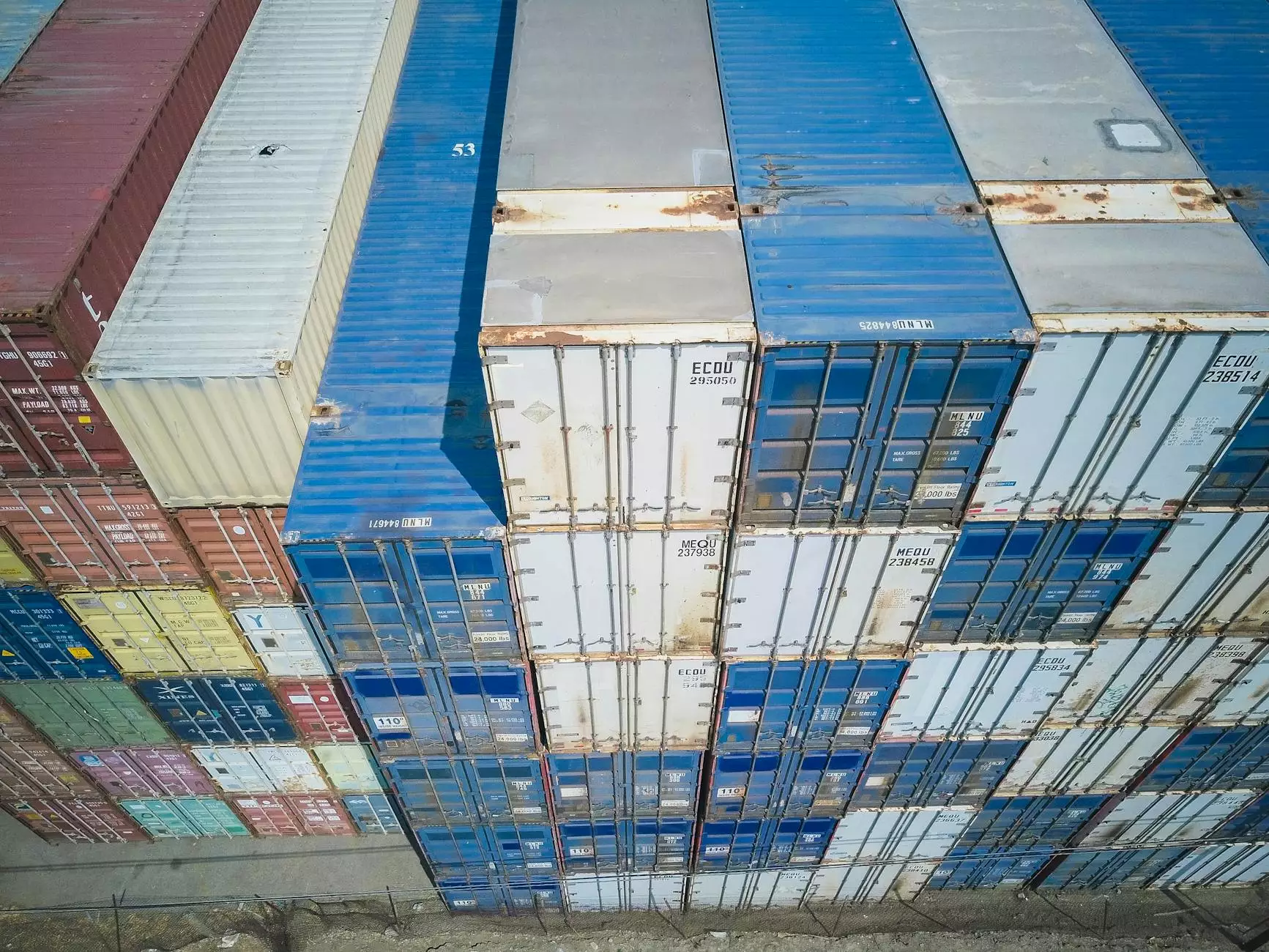Understanding Cargo Cost Per kg: A Comprehensive Guide

In the vast world of logistics and transportation, cargo cost per kg plays a pivotal role in determining how businesses operate and strategize their shipping needs. The modern marketplace is heavily reliant on effective shipping solutions, and understanding the intricacies of cargo costs is essential for businesses looking to thrive and remain competitive.
What is Cargo Cost Per kg?
The term cargo cost per kg refers to the expense incurred for shipping one kilogram of cargo. This metric is crucial for businesses engaged in air, sea, or land transportation as it directly impacts overall shipping costs, hence affecting pricing strategies and profit margins.
Factors Affecting Cargo Cost per kg
Several factors contribute to the calculation of cargo costs. Understanding these can help businesses make informed decisions:
- Shipping Mode: The mode of transportation significantly influences costs. Air freight typically has higher rates compared to sea freight due to speed and urgency.
- Distance: Longer distances generally incur higher shipping fees due to fuel consumption and time considerations.
- Weight and Volume: Carriers often calculate costs based on weight or dimensional weight, which can differ significantly.
- Cargo Characteristics: Special handling requirements, dangerous goods, or perishables may lead to increased shipping rates.
- Customs and Duties: International shipments may incur tariffs, processing fees, and customs duties, contributing to the overall cost.
- Fuel Prices: Fluctuating fuel prices can directly affect transportation costs, hence impacting the cargo cost per kg.
- Service Level: The delivery speed and service options (express, standard) can also influence pricing.
The Importance of Calculating Cargo Cost per kg
Understanding your cargo cost per kg is not just about knowing what you pay for shipping; it's about managing your business’s operational efficiency. Here’s why it’s important:
Cost Management
Businesses can better manage their budgets by knowing their shipping costs per kilogram, leading to more accurate pricing for customers. When shipping costs fluctuate, it’s vital to analyze these changes to maintain competitive shipping fees and protect profit margins.
Improving Supply Chain Efficiency
Evaluating cargo cost per kg helps businesses to identify inefficiencies in their supply chain. By understanding shipping costs, companies can choose more economical options or renegotiate contracts with shipping providers to optimize their processes.
Enhancing Customer Transparency
When businesses have a clear understanding of shipping costs, they can provide transparent pricing to their customers, building trust and improving customer relationships.
How to Reduce Cargo Cost per kg
Managing shipping costs effectively is essential for increasing profitability. Here are some strategies businesses can implement to reduce cargo cost per kg:
- Negotiate Rates: Engaging with multiple shipping companies to negotiate better rates can lead to cost savings.
- Optimize Packaging: Use appropriate packaging that minimizes weight without compromising safety. Smaller packages often have lower shipping costs.
- Consolidate Shipments: Combining multiple shipments into one can save costs significantly by maximizing load capacity.
- Choose the Right Shipping Method: Select the most cost-effective shipping method that balances cost with speed based on customer need.
- Utilize Freight Forwarders: Freight forwarders can provide expertise in cargo logistics and often have access to better rates due to volume shipping.
- Analyze Shipping Routes: Sometimes, adjusting the shipping route can lead to cost savings without sacrificing delivery times.
Advanced Strategies for Optimizing Shipping Costs
Beyond the basics, advanced strategies can be adopted for more considerable savings:
Implementing Technology
Utilizing shipping software can help businesses analyze routes, compare rates, and manage logistics more efficiently. These tools often provide insights that can result in reduced shipping costs.
Understanding Trade Agreements
A thorough understanding of international trade agreements can help businesses navigate tariffs and customs duties, which affect overall cargo costs. Leveraging free trade agreements where applicable can significantly reduce expenses.
Regular Review of Carriers and Rates
Shipping rates fluctuate over time, so regularly reviewing carrier services and agreements is crucial. Reevaluating partnerships may uncover more favorable options or better rates.
The Future of Cargo Costs in Business
As the landscape of global trade evolves, so too will the factors influencing cargo cost per kg. Emerging trends such as sustainable logistics, automation, and technological advancements in shipping will reshape how businesses approach shipping and logistics altogether.
Sustainability in Shipping
As environmental concerns take center stage, companies are looking for sustainable shipping options that may initially seem costly but can be reduced over time. For example, investing in greener technology can reduce long-term operational costs and appeal to eco-conscious consumers.
Technological Advancements
Innovations such as blockchain for supply chain transparency and AI-driven logistics optimization are beginning to play a significant role in reducing cargo costs per kg and improving efficiency in transportation.
Conclusion
To summarize, understanding and managing cargo cost per kg is essential for businesses wishing to optimize their shipping strategies and remain competitive in a fast-evolving marketplace. By keeping a close eye on costs, leveraging technology, and being proactive in implementing advanced strategies, businesses can not only save on expenses but also enhance customer satisfaction and improve their bottom line.
At cargobooking.aero, we are committed to helping businesses navigate the complexities of shipping and logistics. By understanding and optimizing your cargo costs, we can ensure your operations run smoothly and efficiently.









